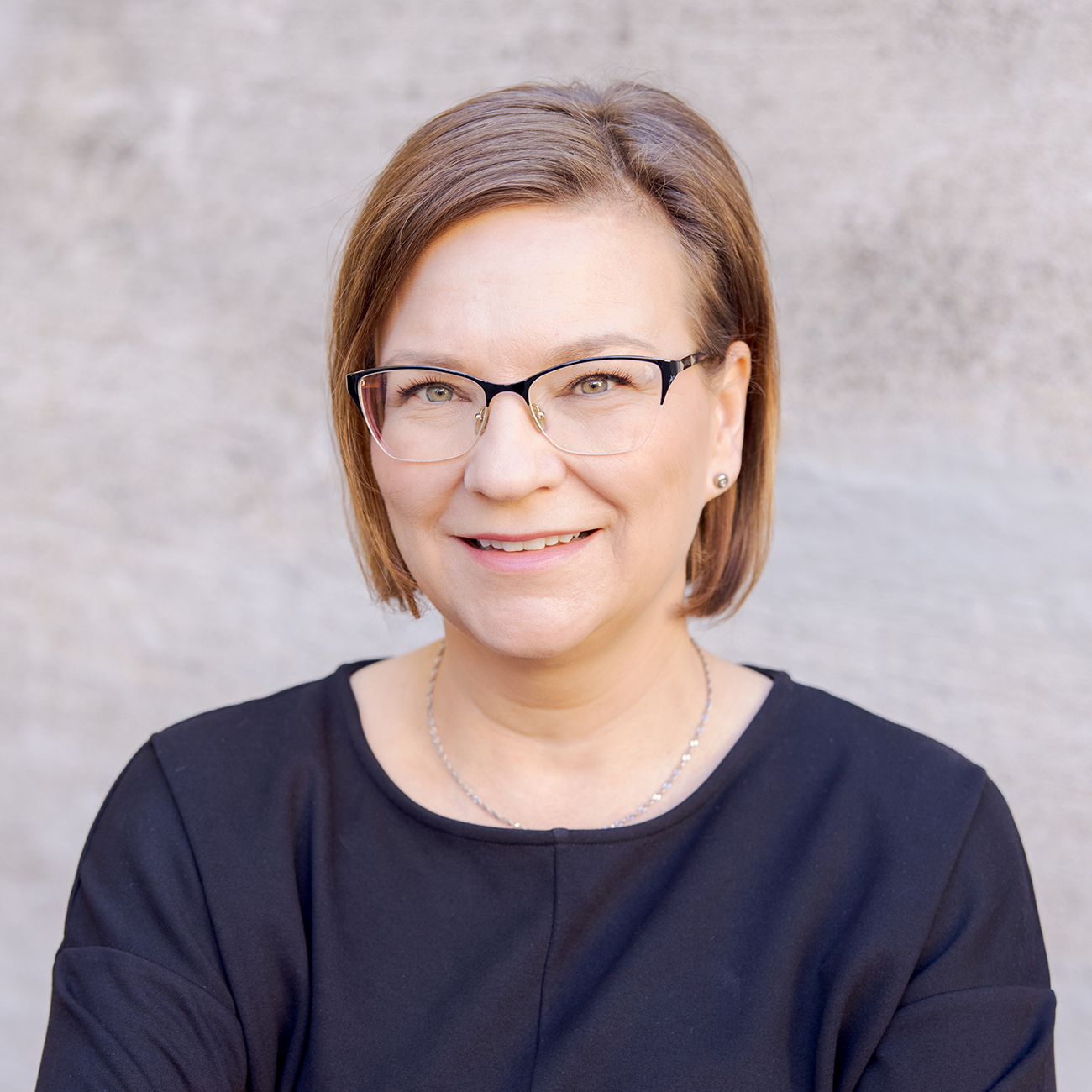Helsinki’s EdTech Testbed inspires globally
Helsinki has a strong reputation as a pioneer in the co-development of educational technologies. Especially our mobile testbed Tekla has received admiration at international events and in many discussions.
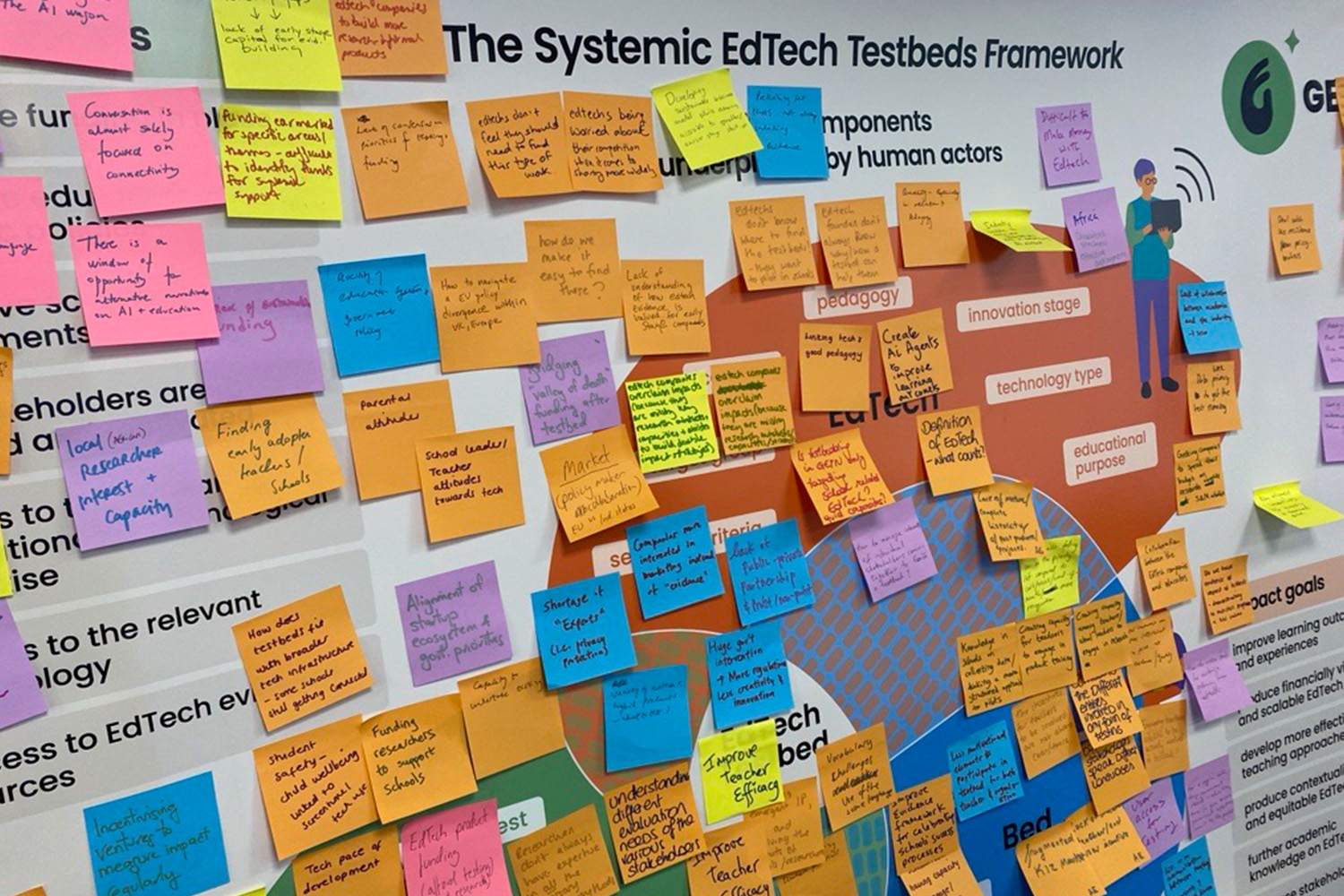
The City of Helsinki’s EdTech Testbed is globally recognized as a functional and versatile concept that offers companies the opportunity to test and develop innovative learning-related products and services with teachers and learners. Through the testbed, companies and schools can collaborate in a way that benefits both parties. We strengthen the viability of companies in the EdTech sector, for example, by co-implementing the Helsinki Education Hub in addition to the testbed.
One internationally unique example of our activities is the Mobile Testbed Tekla. It was developed by the Helsinki sub-project of Resourceful Sharing: Innovative and co-usable learning environments (JAVIST). The mobile testbed moves from school and daycare center to another, allowing companies to test and co-develop their innovations effectively with many end-users. Tekla began its operations in February 2024. It has received a lot of positive feedback from companies, teachers, and students. The innovative mobile testbed has inspired international EdTech discussions.
– Testbeds are often restricted by their geographic location, limiting access for students from diverse areas who could benefit, along with their teachers, from innovation. A mobile testbed is an effective solution to overcome this limitation. It brings the benefits and opportunities of the testbed directly to students, wherever they are, praises Natalia Kucirkova, professor and Director of The International Centre for EdTech Impact Norway.
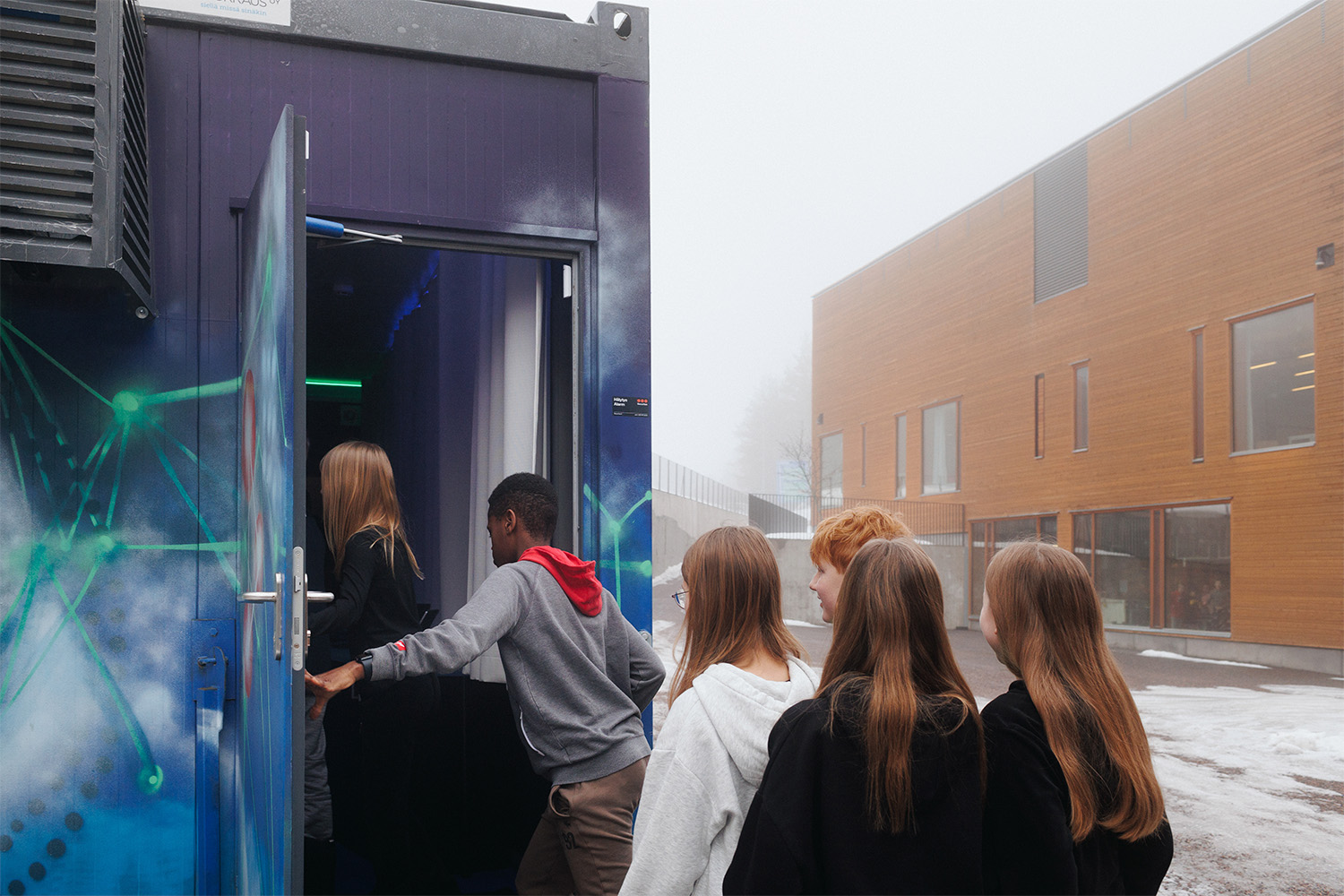
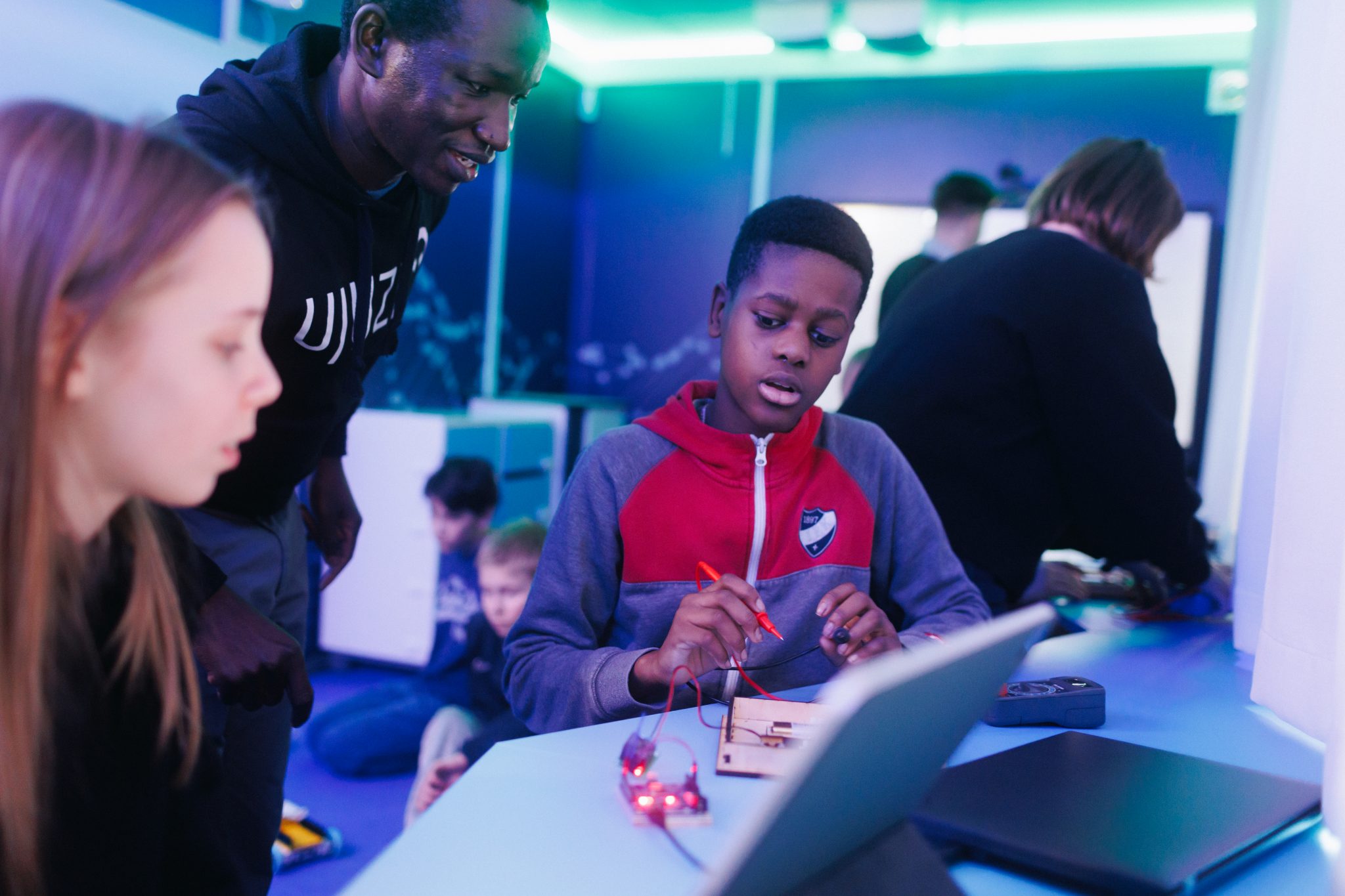
The stars of the EdTech sector network internationally
Our project manager for the JAVIST project, Marjo Kenttälä, has presented Helsinki’s EdTech innovation activities to international industry influencers. For example, at the GETN (Global EdTech Testbed Network) workshop day in London, Kenttälä had the opportunity to discuss Tekla’s operations. Se also was involved in developing the framework for EdTech testbeds.
– Our international colleagues were particularly interested in the new type of testbed, Tekla. In the development of educational innovations, validation is currently a buzzword both in Finland and globally. Research-based solutions are the most sought after in the market. The mobile testbed Tekla is a great example of how the effectiveness of companies’ solutions can be efficiently validated by testing and co-developing with end-users, says Kenttälä.
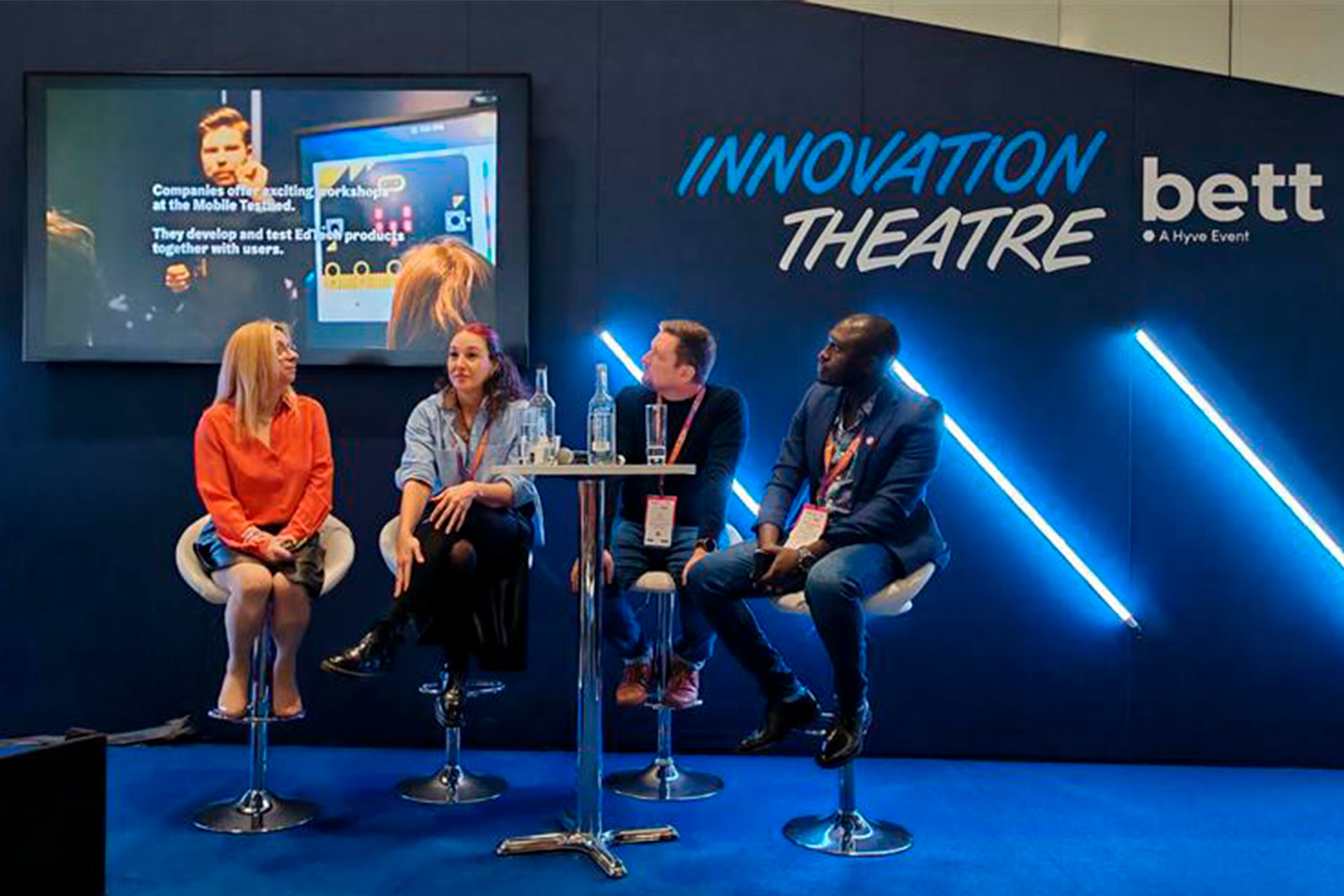
The Bett Show Expo held in London is known as the largest educational technology event in Europe. At the event, Kenttälä had the opportunity to explore modern learning technologies developed worldwide in an inspiring atmosphere. Nordic colleagues met and agreed on EdTech collaboration, for which the similar education systems of the countries provide a good foundation.
During the event, <edtech/station> organized a session at the Belgian Embassy in London, where startups pitched their solutions. Steps towards testbed collaboration and experimenting in Helsinki were already agreed upon with two startups.
Additionally, Kenttälä visited the University College London’s (UCL) Centre for Digital Innovation with the Helsinki Education Hub team.
– I was impressed by how successfully they had built collaboration between the research community and startups. They still lacked the testbed dimension. We presented the activities of Testbed Helsinki and the JAVIST project. I hope our collaboration deepens and we can learn even more from each other, Kenttälä reflects, and continues:
– It’s great that a lot is happening in the international EdTech field. There is a genuine desire to provide teachers with high-quality EdTech tools.
Helsinki continues to develop the EdTech Testbed
The year 2024 was successful for our EdTech testbed activities, especially for the mobile testbed Tekla. A total of 26 companies participated in our trials. In Tekla alone, 5,671 learners had the opportunity to explore the latest educational technologies.
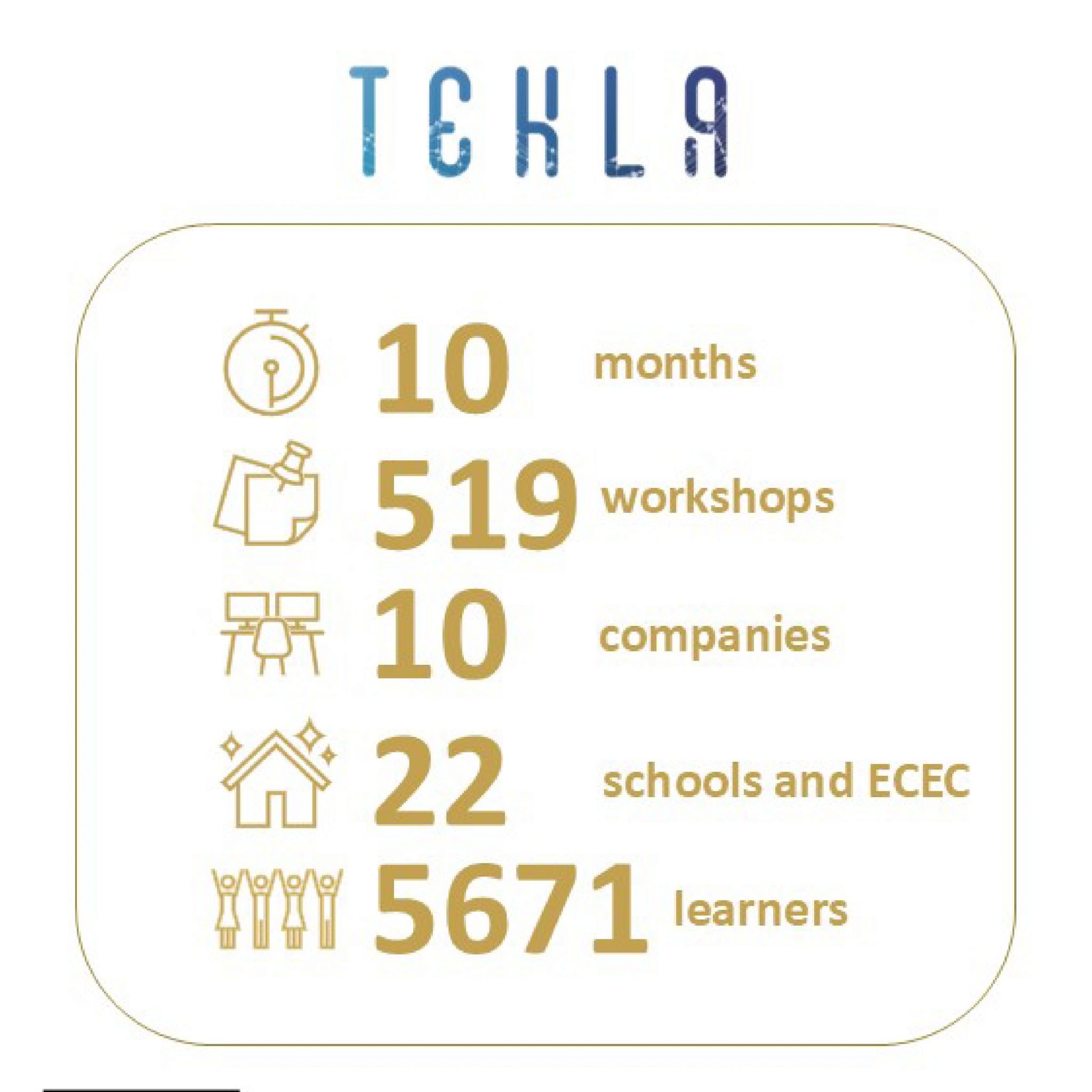
– Innovation is never complete, so we continuously develop our services and come up with new ideas. The JAVIST project has taught us a lot. Based on these lessons, it is easier to develop, for example, cooperation in the Helsinki metropolitan area to promote the activities of educational technology companies, says Kenttälä.

